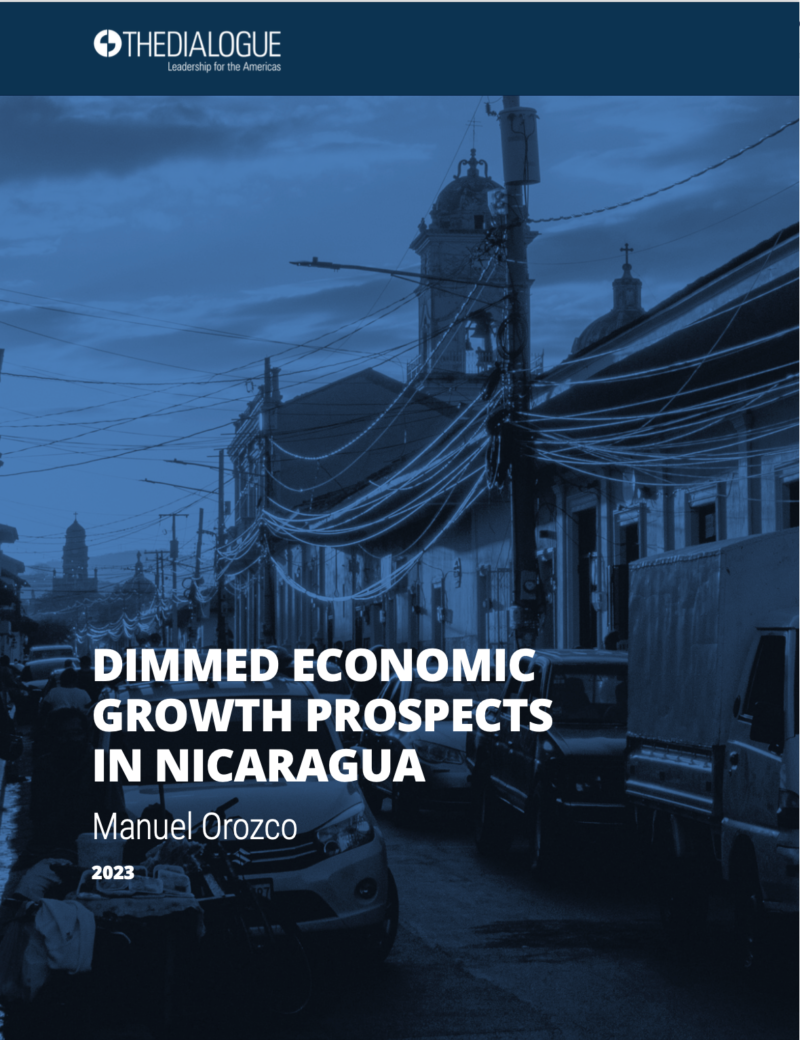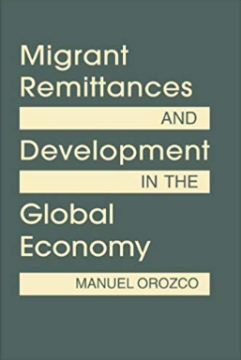The Earthquake’s Impact on Remittances
The earthquake in Haiti has exacerbated an existing distress during the international recession and increased uncertainty of what to do and how to help.
This post is also available in: Español
The Nicaraguan economy will face a difficult year in 2023 largely due to continued political and economic mismanagement, as well as a challenging international economy with expected inflation to continue. Projected growth is less than 2 percent for 2023. Continued international scrutiny added to increasing debt service, will make it difficult for financial institutions to provide lending above 2022 levels. The government's capacity to raise more taxes is limited, and declining remittance consumption will also reduce private consumption.
In order for economic prosperity to arrive in Nicaragua, inclusive economic reforms are needed. They include better judicial security for businesses, audits of international loans, stronger scrutiny of corruption and kleptocracy, as well as changes in the investment and economic climate by making political reforms conducive to good governance. The Ortega-Murillo family has completely captured the state, controlling the legal and regulatory environment on all matters of social, civic, and economic policy. Given limited economic growth, the prospects of better opportunities for Nicaraguans are low. It is crucial to pressure the government to adopt inclusive economic policies. The current government economic policy is not sustainable for higher growth, only for low maintenance supported by remittances, external loans, and tax extortion.
Nicaragua is a country where democracy and economic policy has been criminalized (extortion, expulsion, tax penalties) because the independence of state institutions is absent and captured by the Ortega-Murillo family. They chose to enact laws that go in the direction of protecting the status quo not the public good, for example, increasing the share of public expenditure on the police four-fold. This report takes a deep dive into recommendations for international financial institutions like the IMF to consider as critical metrics to ensure economic stability.

The earthquake in Haiti has exacerbated an existing distress during the international recession and increased uncertainty of what to do and how to help.
The formal launching of CELAC revealed the strength of regionalism in Latin America.
How do patterns of migration and remittances differ across regions? What kinds of frameworks support the contributions of remittances to local development?
 Tobias Tullius, Unsplash
Tobias Tullius, Unsplash
